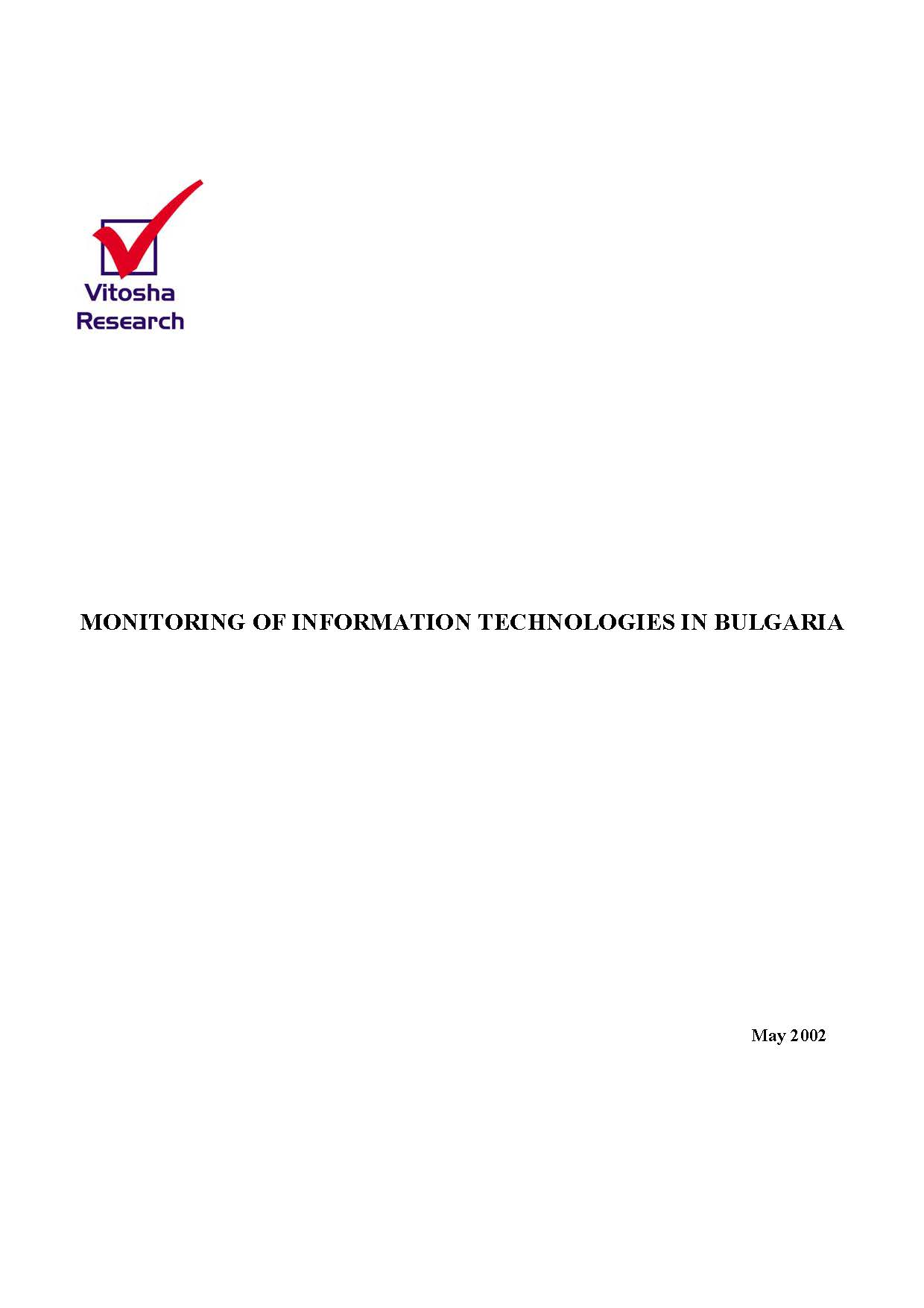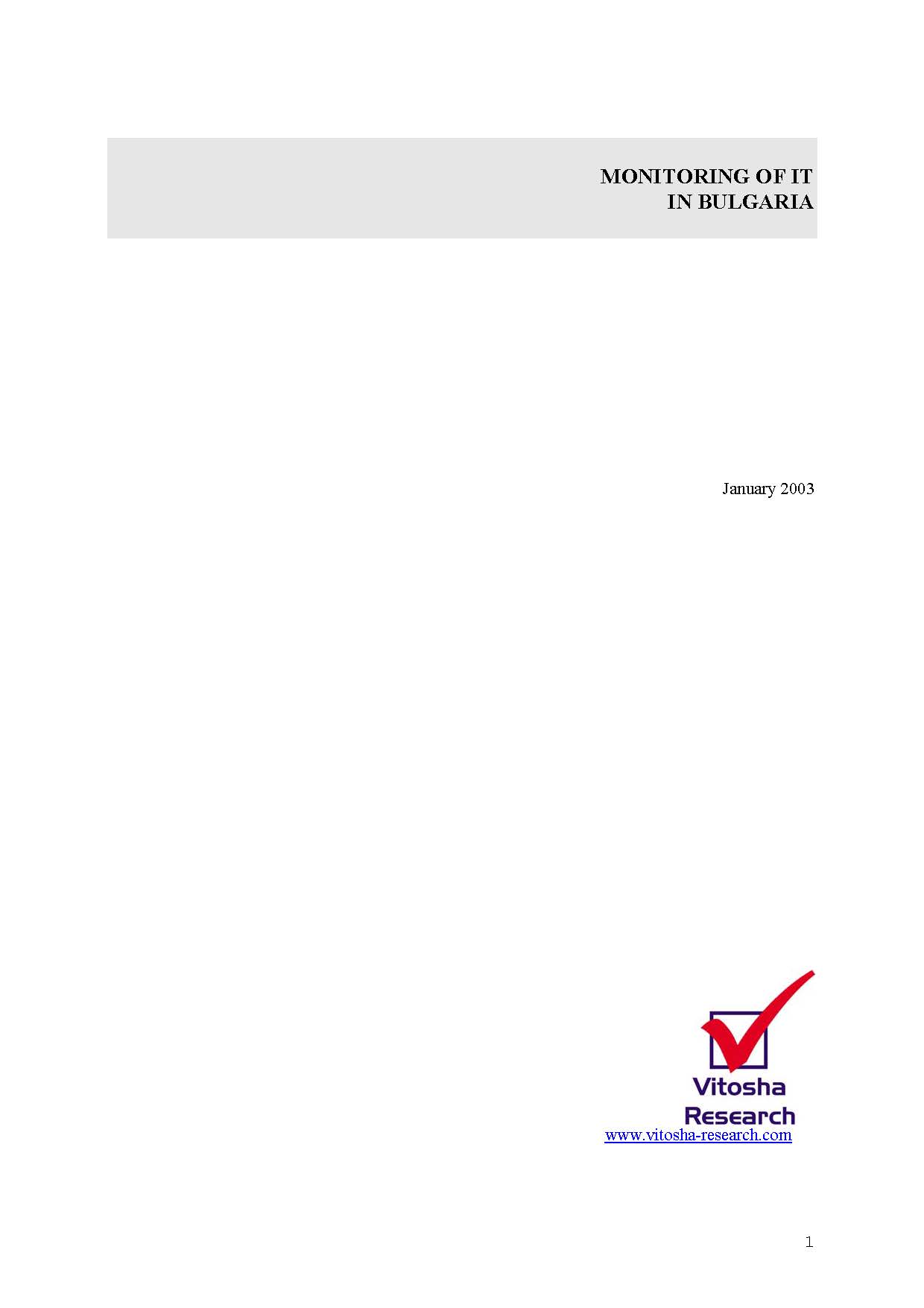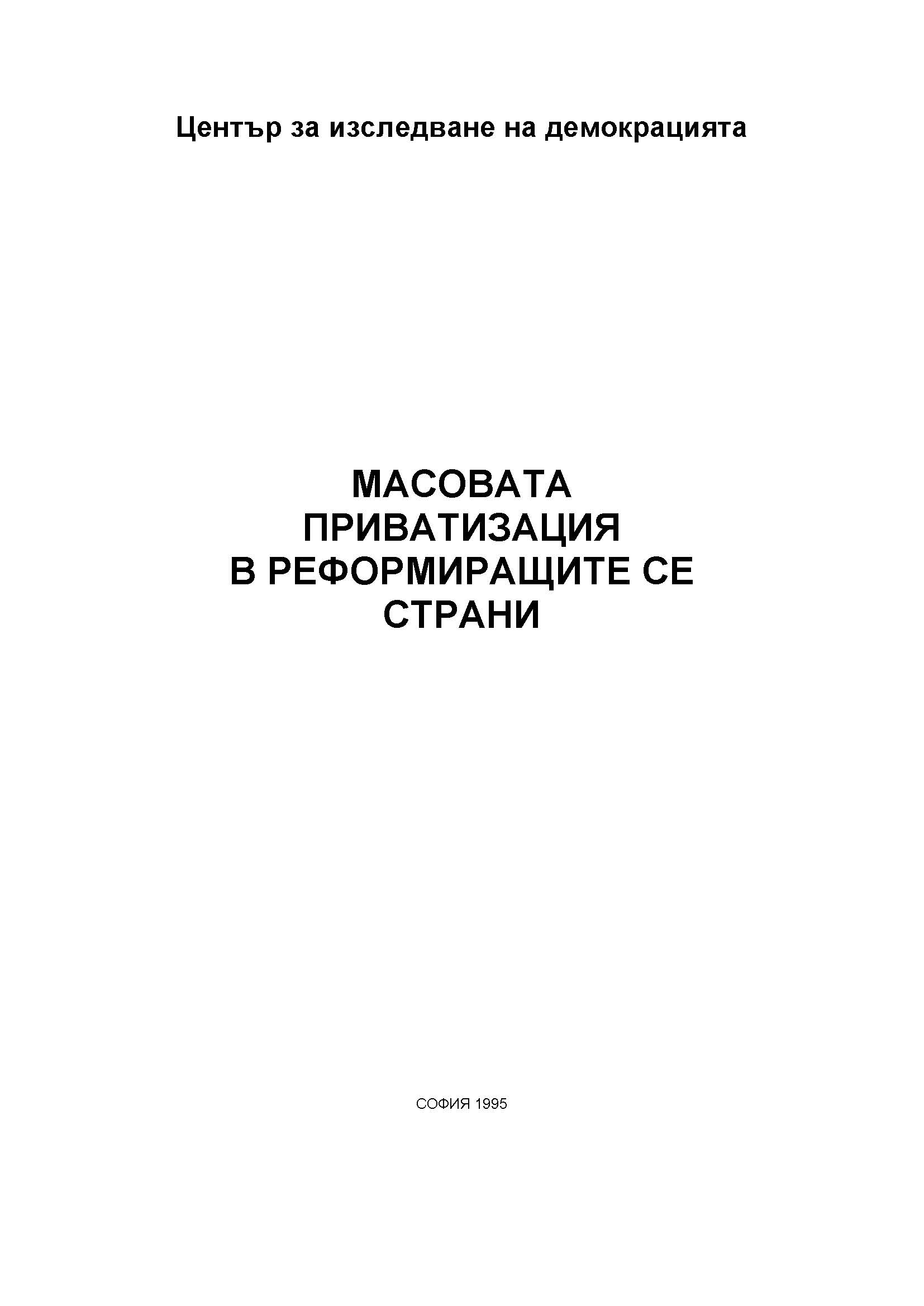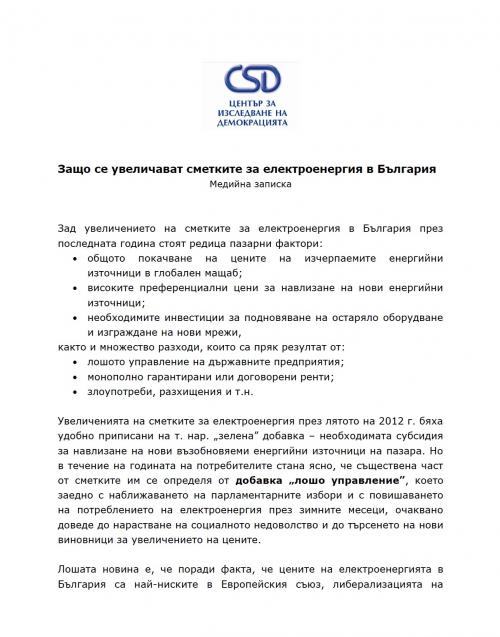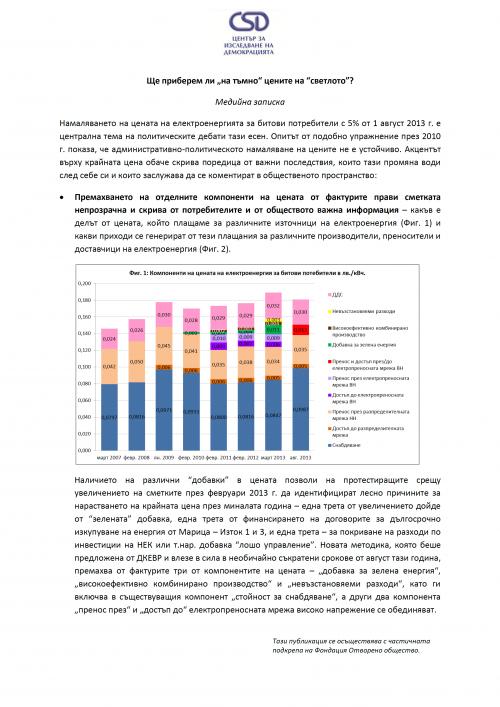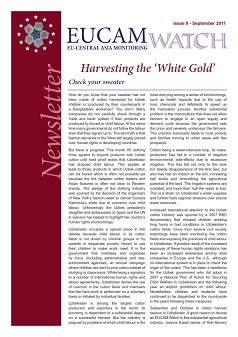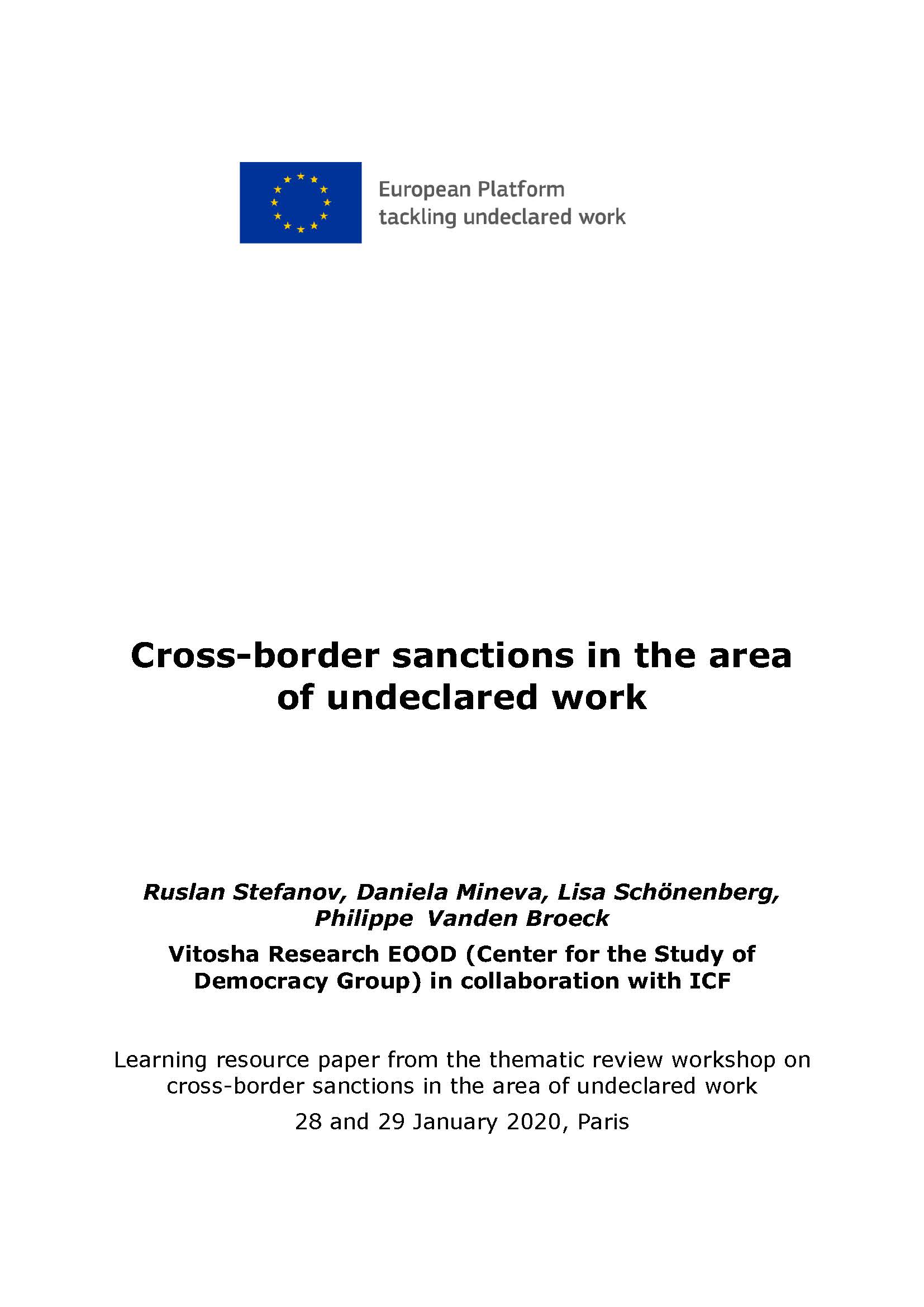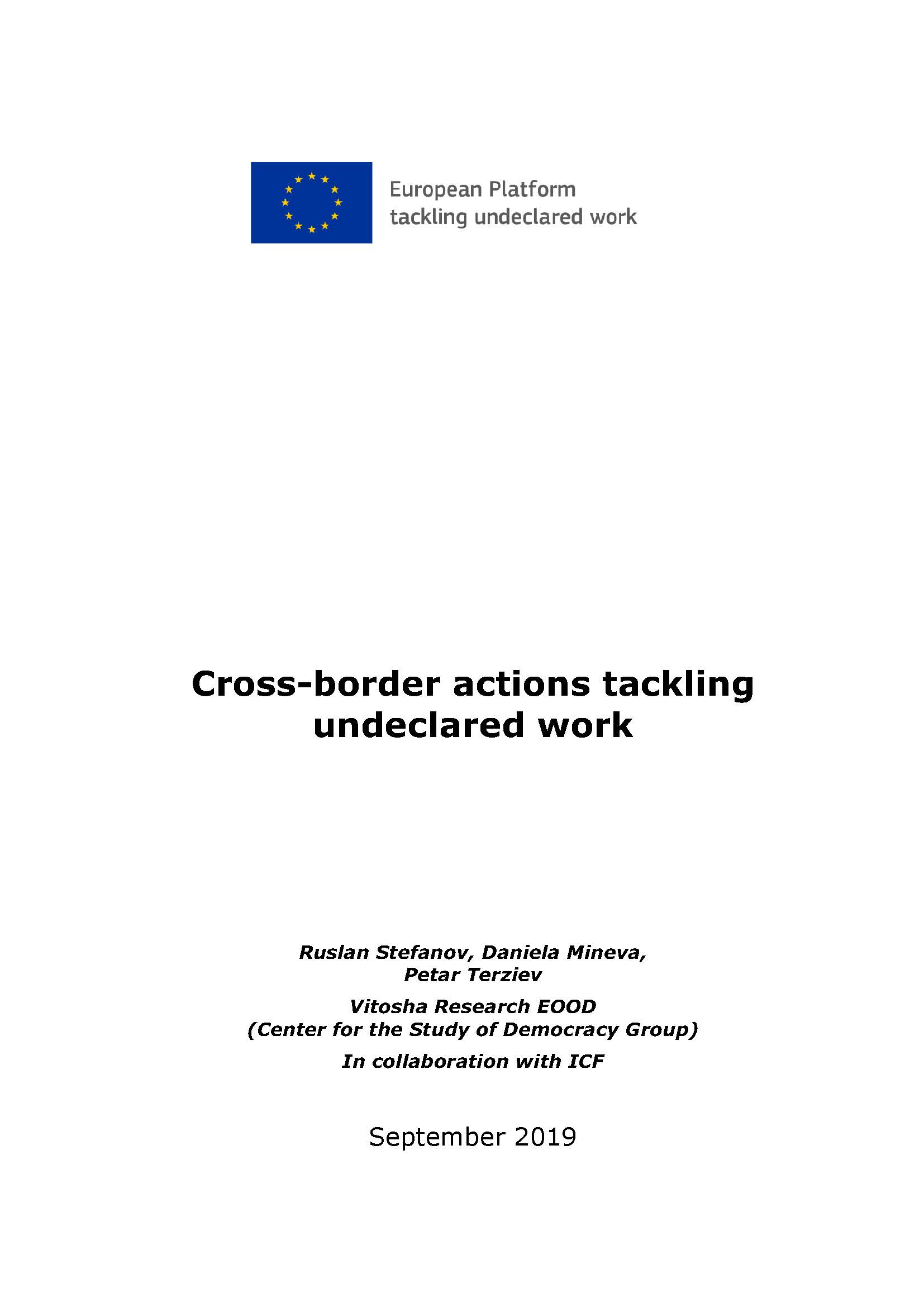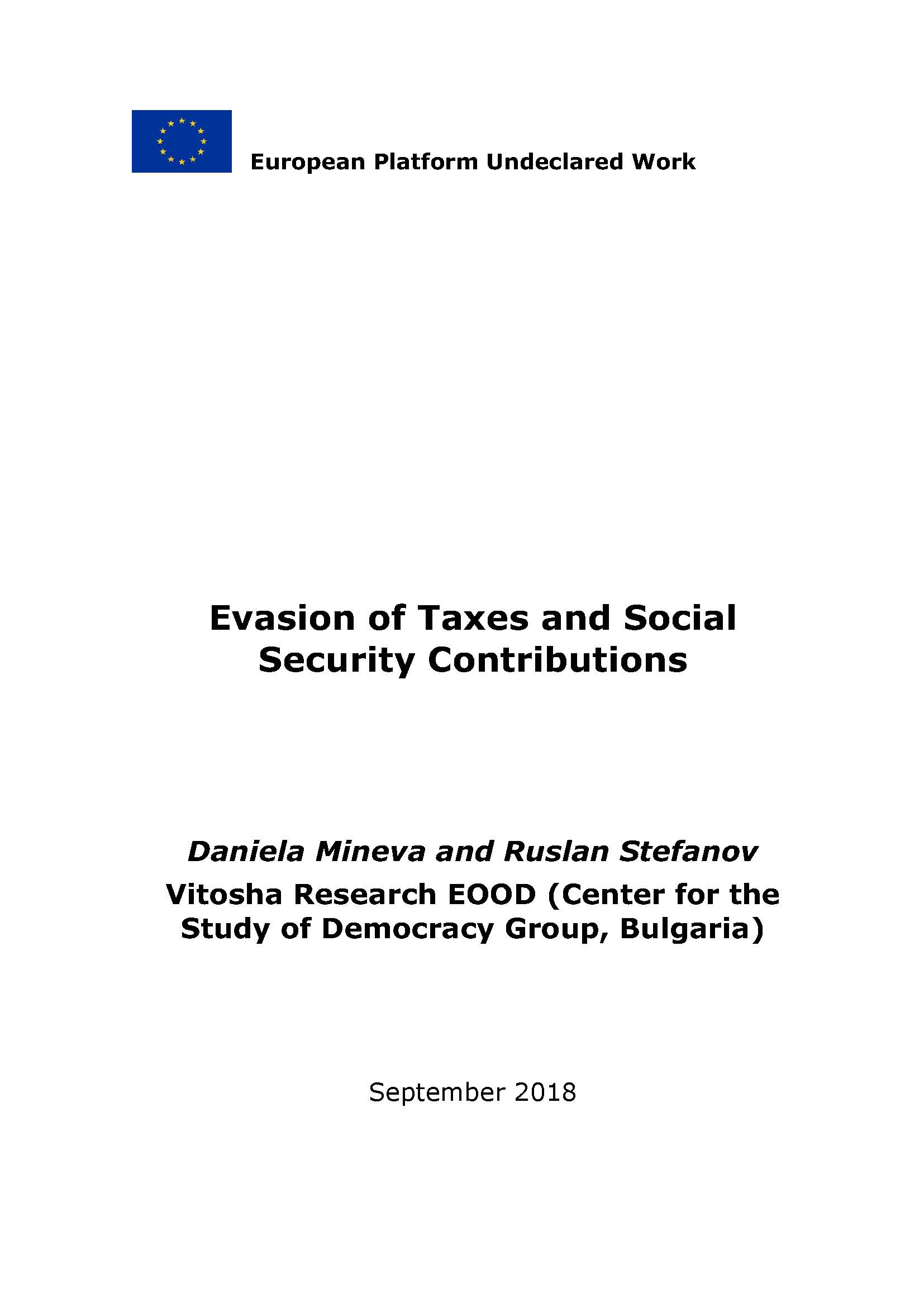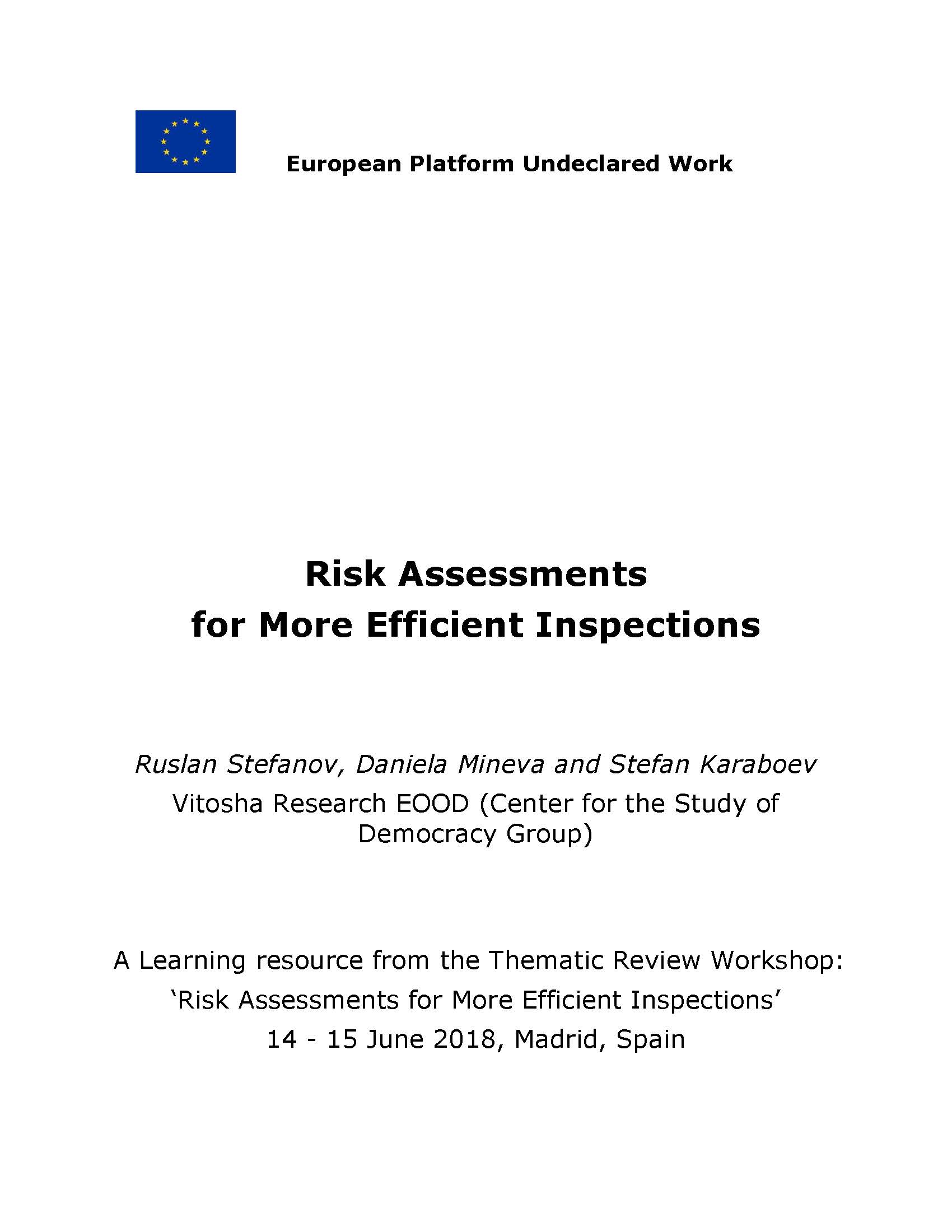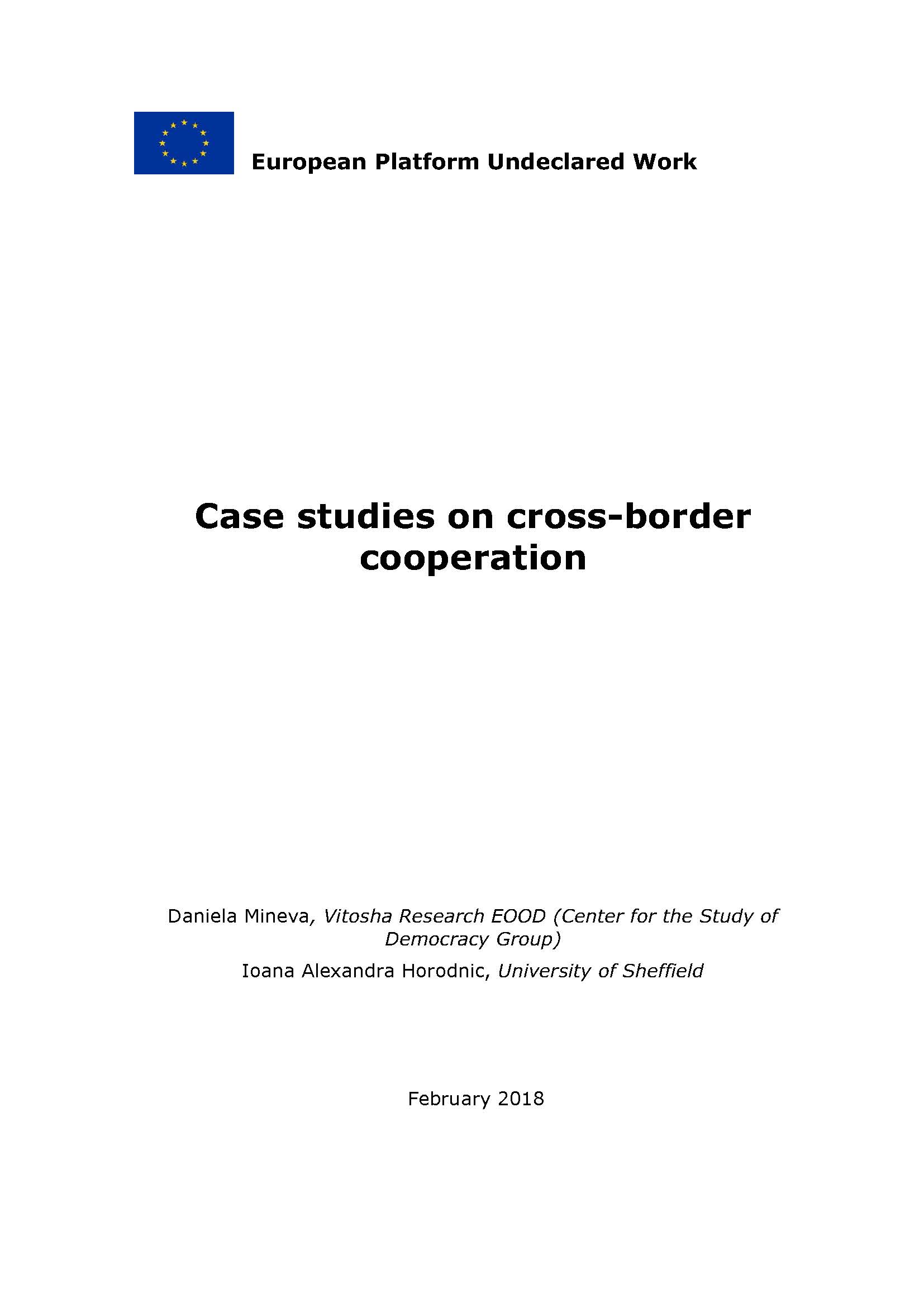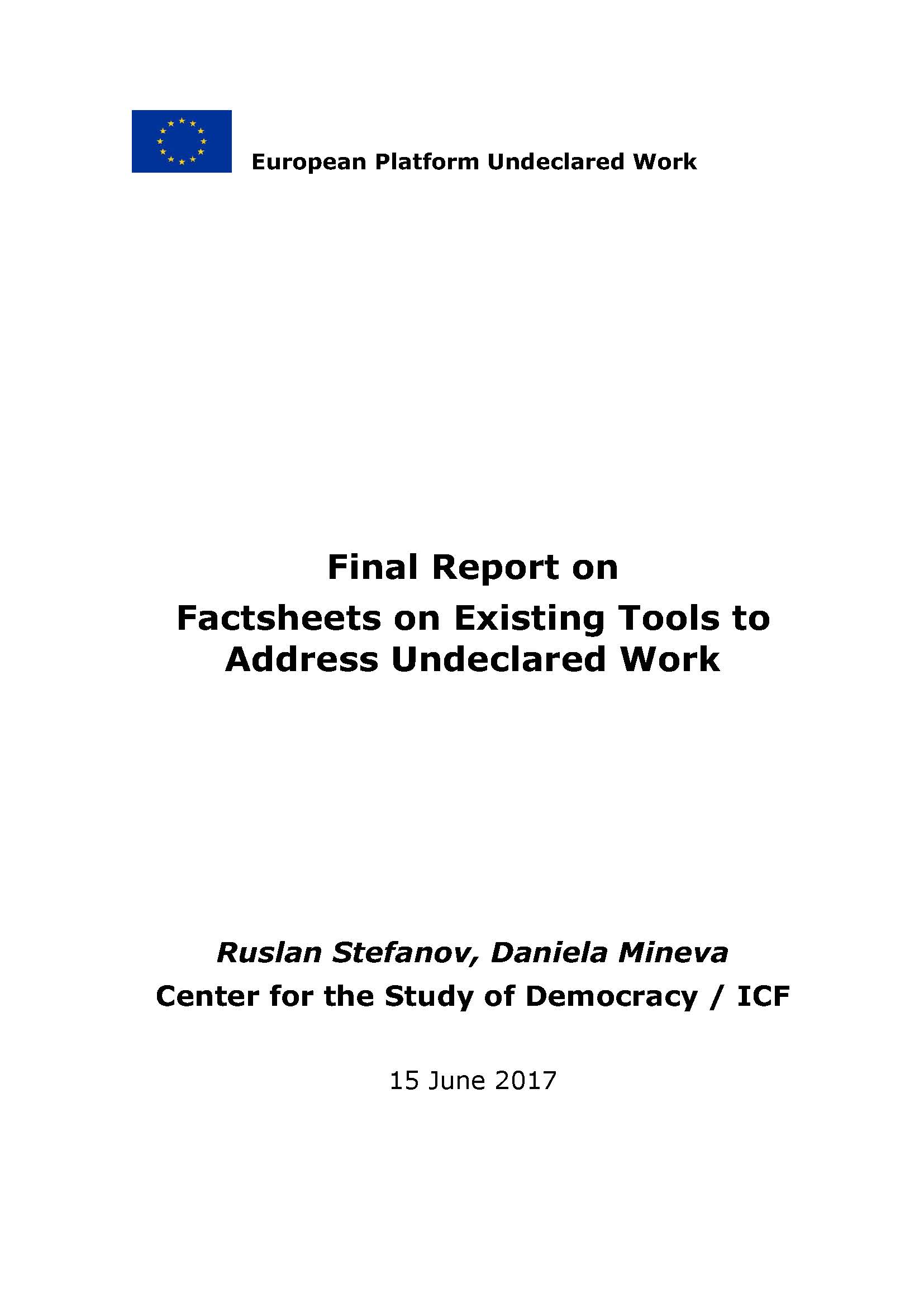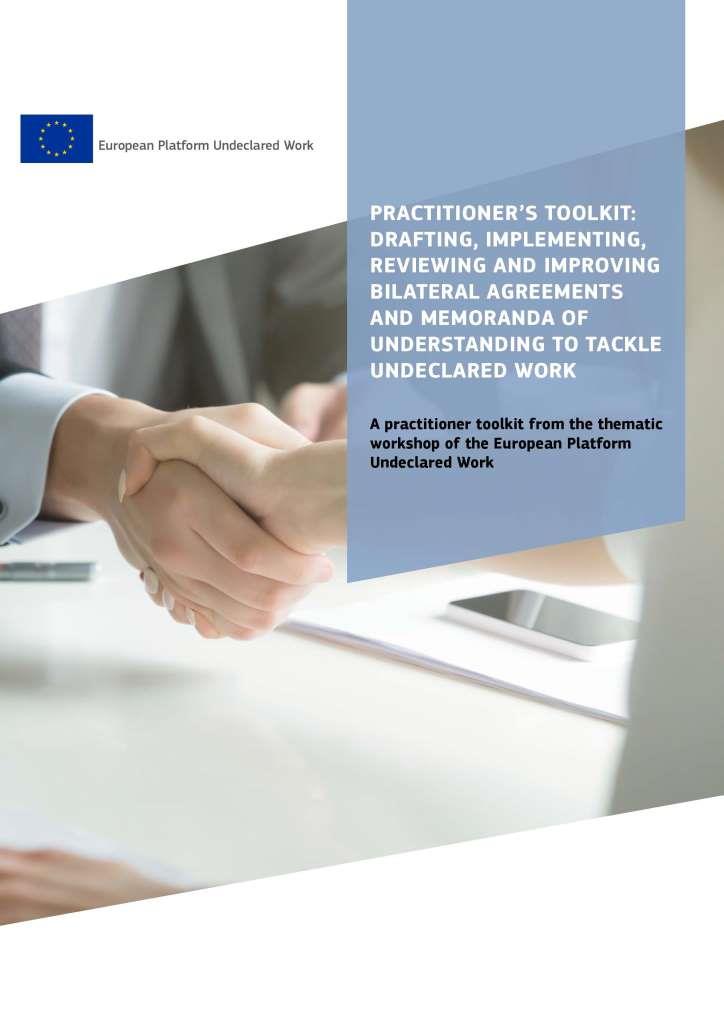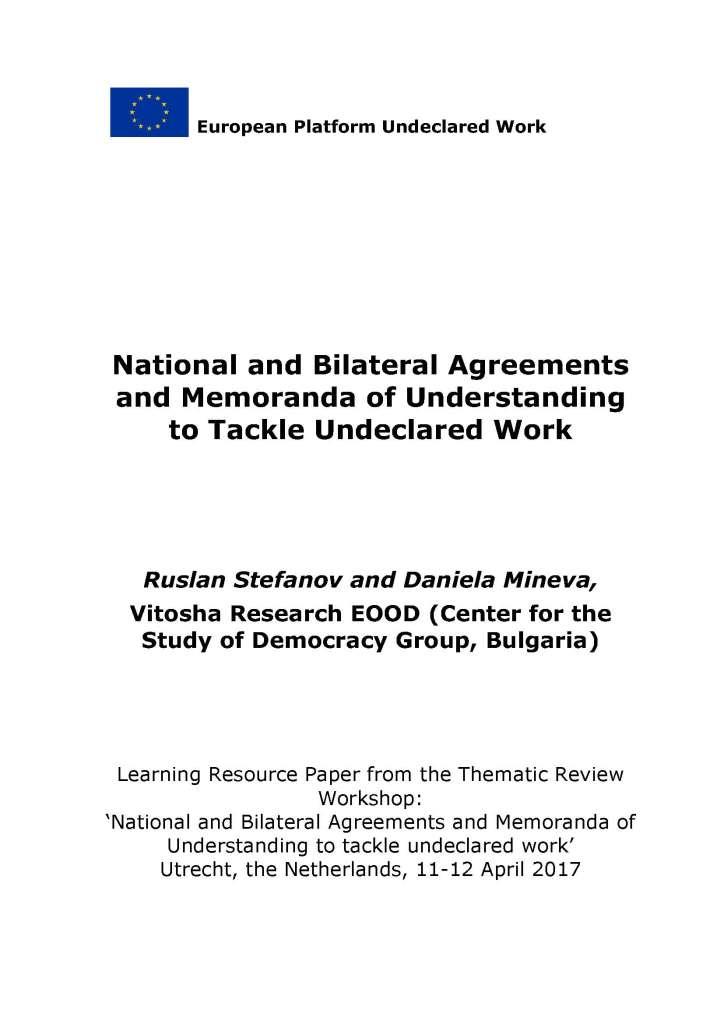Author(s): Bruno Stefan,Andrade Bichescu,Gheorghe Popovici / Language(s): Romanian
The report presents the results of the first referendum and local census conducted in Romania. The research followed several aspects: 1. Identifying the number of buildings built as people's homes: apartments, houses, boarding schools, dormitories, children's homes, cottages, etc. 2. Identifying the number of Romanian citizens who have a permanent residence in the city, even if at the time of the survey some were away in other localities in the country or abroad. 3. Assessment of external migration: how many people went abroad, in which countries, for what reasons, how much they earn, in what field they work, if they work with an employment contract or not, if there is an intention to return to the country, if there is an intention of others locals to emigrate, the reasons that would determine them to return / stay in Resita. 4. The attitude of the population towards certain plans of the City Hall (tourism development, modernization of public transport, construction of an Aqua Park, construction of a Mall, rehabilitation of educational units, construction of an industrial museum, rehabilitation of "Mircea Chivu" stadium, rehabilitation of streets, construction of an area promenade on the right bank of the Bârzava).
More...
